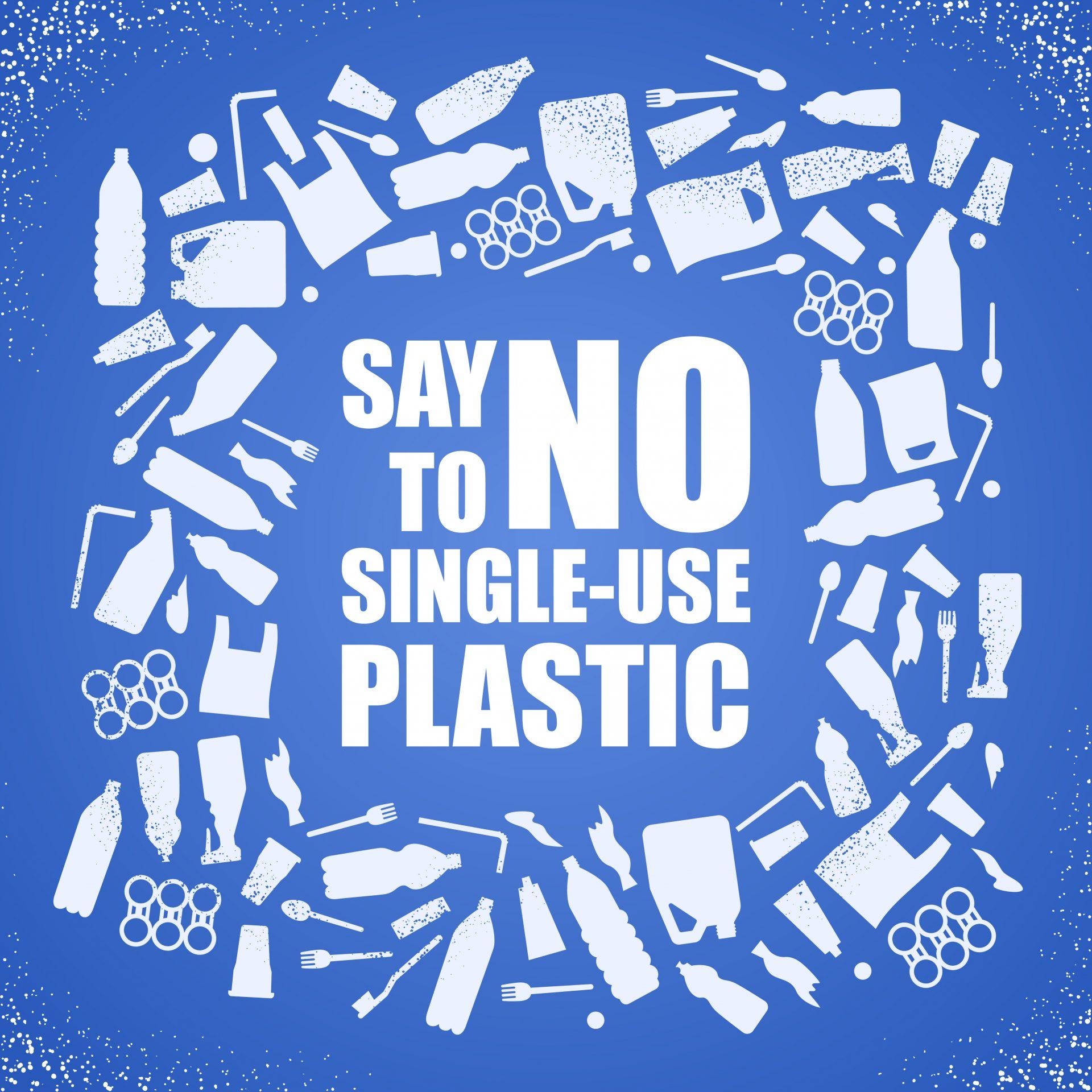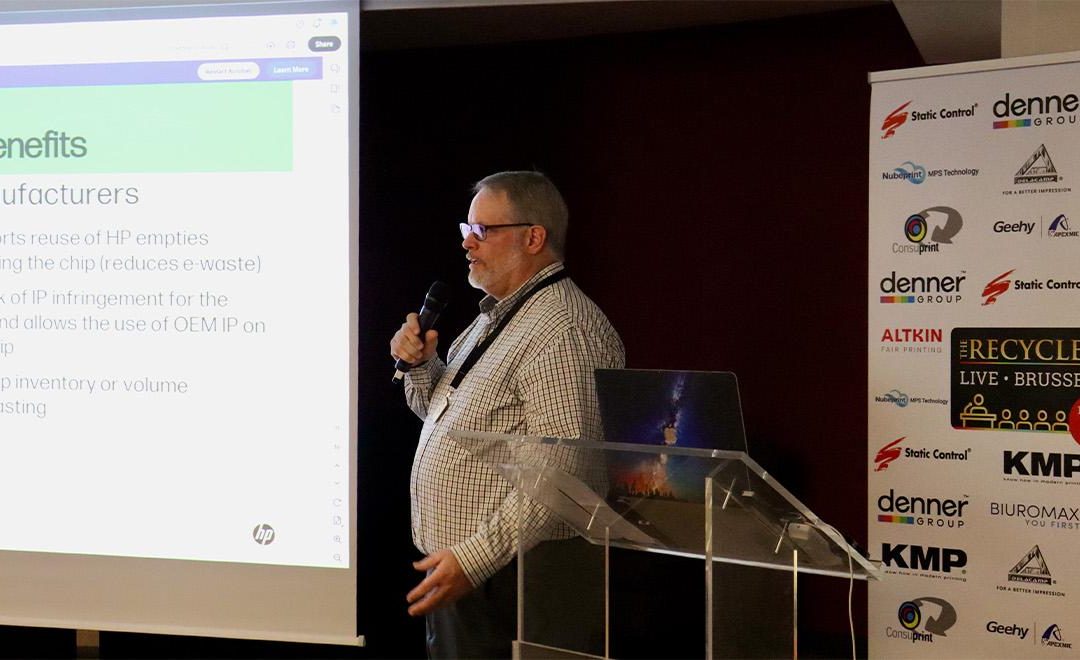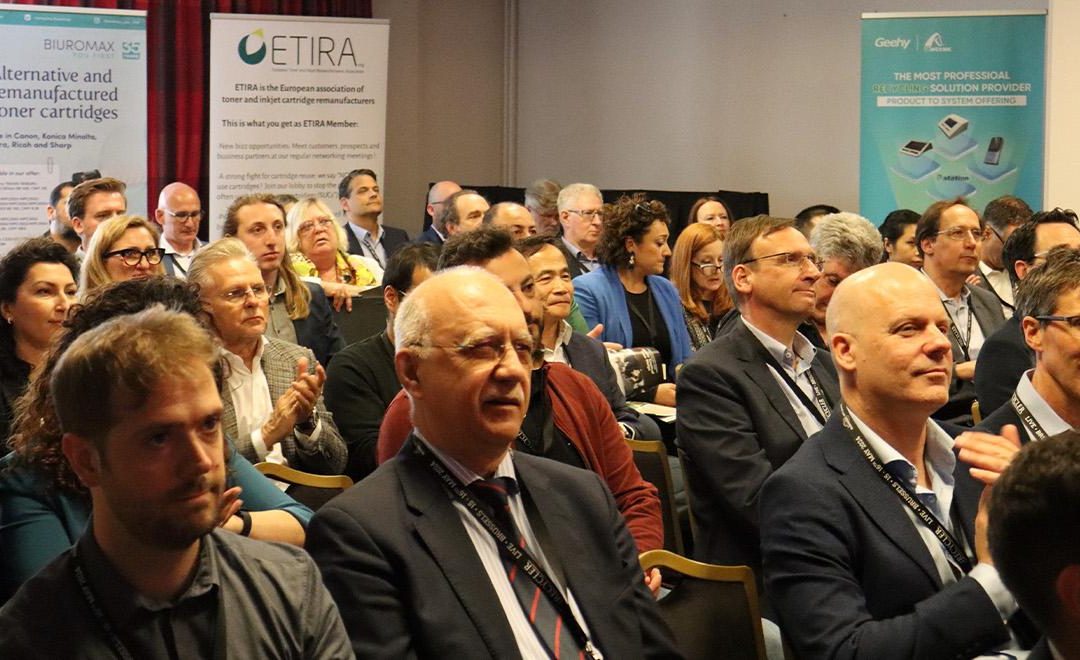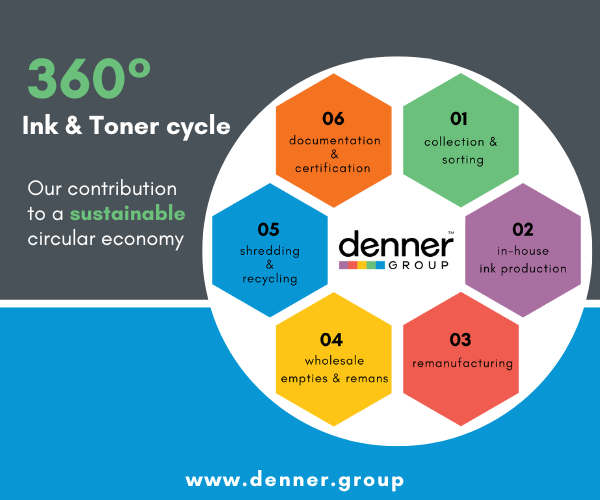 A current representative survey by the research institute “forsa Political and Social Research” on behalf of the Deutsche Bundesstiftung Umwelt (DBU) has brought to light, that an overwhelming majority of Germans (a total of 82%) call for a ban on certain single-use products to avoid plastic waste.
A current representative survey by the research institute “forsa Political and Social Research” on behalf of the Deutsche Bundesstiftung Umwelt (DBU) has brought to light, that an overwhelming majority of Germans (a total of 82%) call for a ban on certain single-use products to avoid plastic waste.
In the representative forsa survey between February 25 and March 9 of this year, 1,009 citizens aged 18 and over in Germany were surveyed. The results obtained can be applied to the entire adult population in Germany. This shows that 82% of those surveyed consider a ban on certain single-use products such as plastic straws to be “right and sensible” in order to minimise plastic waste. Only around one in six (16%) is in favour of appealing to voluntariness rather than prohibitions. It is noticeable that women and under 30-year-olds advocated such bans more than average.
“From our point of view, the forsa result is extremely remarkable,” said DBU General Secretary Alexander Bonde. “From this, beyond the amendment to the Packaging Act passed by the Federal Council at the end of May, an additional mandate for federal political legislation can be read off. The people in our country have long gone so far as to want to live, think and act in cycles.” Bonde said that the forsa survey also confirms “the longstanding activities of the DBU in the field of the circular economy”.
Plastic waste represents an enormous challenge. According to the plastic atlas of the Heinrich Böll Foundation and the environmental organisation BUND, around 8.3 billion tons of plastic were produced worldwide between 1950 and 2015 – that is more than one ton for each person living on earth today. According to this, less than a tenth of the plastic ever produced has been recycled; most of the plastic is single-use products and packaging. Not only the oceans, but also soils and inland waters are particularly affected by plastic waste.
The DBU General Secretary said that the circular economy is much more than traditional waste separation or pure recycling. Rather, it is a “comprehensive circular economy”. Bonde continued: “It is important to take a close look at the individual process steps in the life cycle of goods, goods and consumer products – starting with sustainable product design and avoiding waste to facets such as reuse and reuse, repairing and recycling as well as sharing and participation. The circular economy goes hand in hand with a circular society – a society that thinks and acts in circular dimensions.”
Such a transformation is already underway, as the forsa survey on behalf of the DBU confirms. “People want a nature-friendly design of economic systems,” Bonde added.








